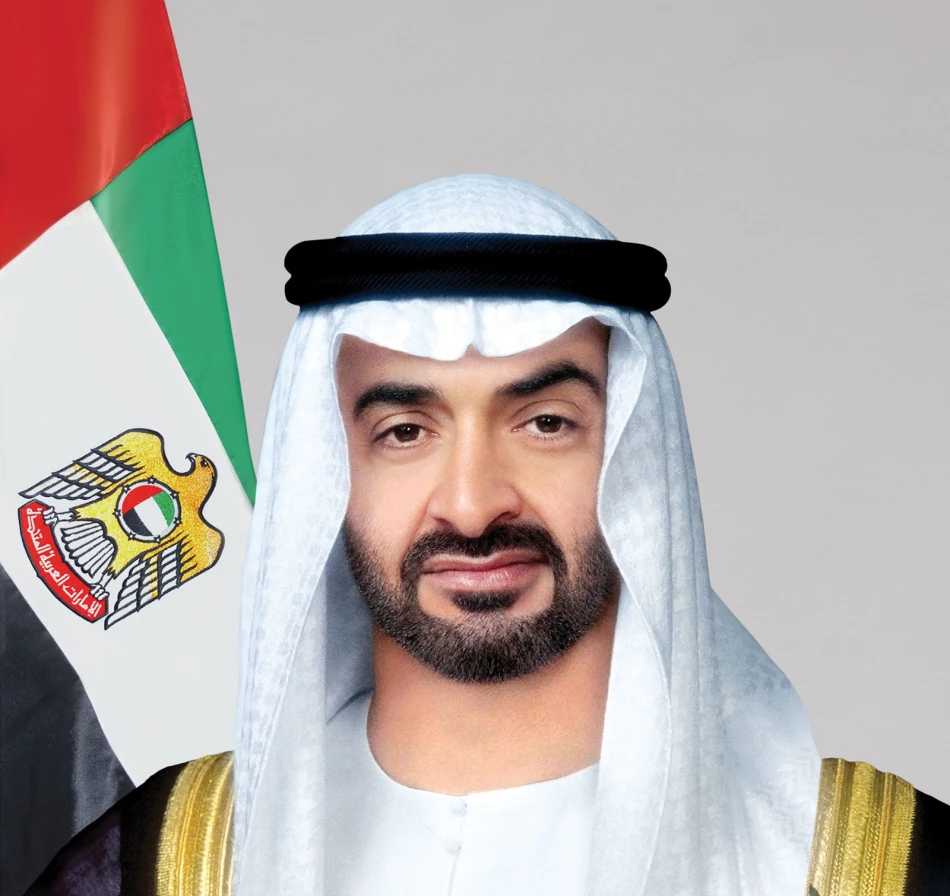
UAE's Leader Reaffirms National Unity: 'Let's Uphold Our Duty to Safeguard the Homeland'
UAE Marks Federation Covenant Day as Leadership Reaffirms Unity Vision
The United Arab Emirates commemorated Federation Covenant Day on July 18, marking the historic 1971 agreement that laid the foundation for one of the Middle East's most successful federal unions. President Sheikh Mohammed bin Zayed Al Nahyan used the occasion to reinforce the nation's commitment to unity and progress, highlighting how the founding fathers' vision continues to drive the UAE's remarkable transformation into a global economic powerhouse.
Historical Significance of the 1971 Covenant
The Federation Covenant Day celebrates the pivotal moment when the UAE's founding leaders formalized their commitment to unification. On July 18, 1971, the late Sheikh Zayed bin Sultan Al Nahyan and his fellow rulers signed the agreement that would officially establish the UAE as a federation on December 2, 1971.
This covenant represented more than a political arrangement—it embodied a shared vision for transforming seven separate emirates into a unified nation capable of competing on the global stage. The agreement established the federal structure that has enabled the UAE to leverage its collective resources while maintaining each emirate's distinct identity.
Modern Implications for Regional Leadership
Economic Diversification Success
The unity forged in 1971 has proven instrumental in the UAE's economic transformation. Unlike many oil-dependent Gulf states, the federation's structure allowed for coordinated diversification efforts across emirates. Dubai emerged as a global financial and logistics hub, while Abu Dhabi maintained its energy leadership and expanded into renewable energy and technology sectors.
This federal approach has positioned the UAE as the Middle East's second-largest economy after Saudi Arabia, with non-oil sectors now contributing approximately 70% of GDP—a remarkable achievement that contrasts sharply with regional neighbors still heavily dependent on hydrocarbon revenues.
Strategic Positioning in Global Markets
The UAE's federal structure has enabled it to pursue multiple economic strategies simultaneously. While Abu Dhabi focuses on sovereign wealth investments and energy transitions, Dubai has become a cryptocurrency and fintech hub, and other emirates have specialized in manufacturing, tourism, and logistics.
This diversified approach has attracted over $20 billion in foreign direct investment annually, making the UAE one of the world's top investment destinations. The federation's stability and business-friendly policies have drawn multinational corporations seeking a regional headquarters, particularly as geopolitical tensions affect other Middle Eastern markets.
Lessons for Regional Integration
The UAE's federal model offers valuable insights for other regions attempting economic integration. Unlike the European Union's complex bureaucratic structure or ASEAN's loose cooperation framework, the UAE achieved deep integration while preserving local autonomy through strong leadership consensus and shared economic interests.
The success of this model has influenced the Gulf Cooperation Council's integration efforts, though progress remains limited compared to the UAE's achievement. The federation's ability to maintain unity while allowing emirate-level innovation has created a competitive advantage that other regional blocs struggle to replicate.
Future Challenges and Opportunities
As the UAE approaches its sixth decade of federation, the country faces new challenges that will test the covenant's enduring strength. Climate change pressures, technological disruption, and shifting global trade patterns require continued federal coordination and adaptation.
The leadership's emphasis on preserving the federation's legacy for future generations reflects recognition that maintaining unity requires constant renewal of commitment. The UAE's Vision 2071 initiative, aimed at making the country the world's best nation by its centennial, demonstrates how the founding covenant continues to inspire ambitious national goals.
President Sheikh Mohammed's renewed pledge to uphold the federation's principles signals continuity in the UAE's approach to governance and development. This stability has become increasingly valuable as regional competitors face internal divisions and economic challenges, reinforcing the UAE's position as the Middle East's most reliable business destination and diplomatic partner.
Most Viewed News

 Sara Khaled
Sara Khaled






